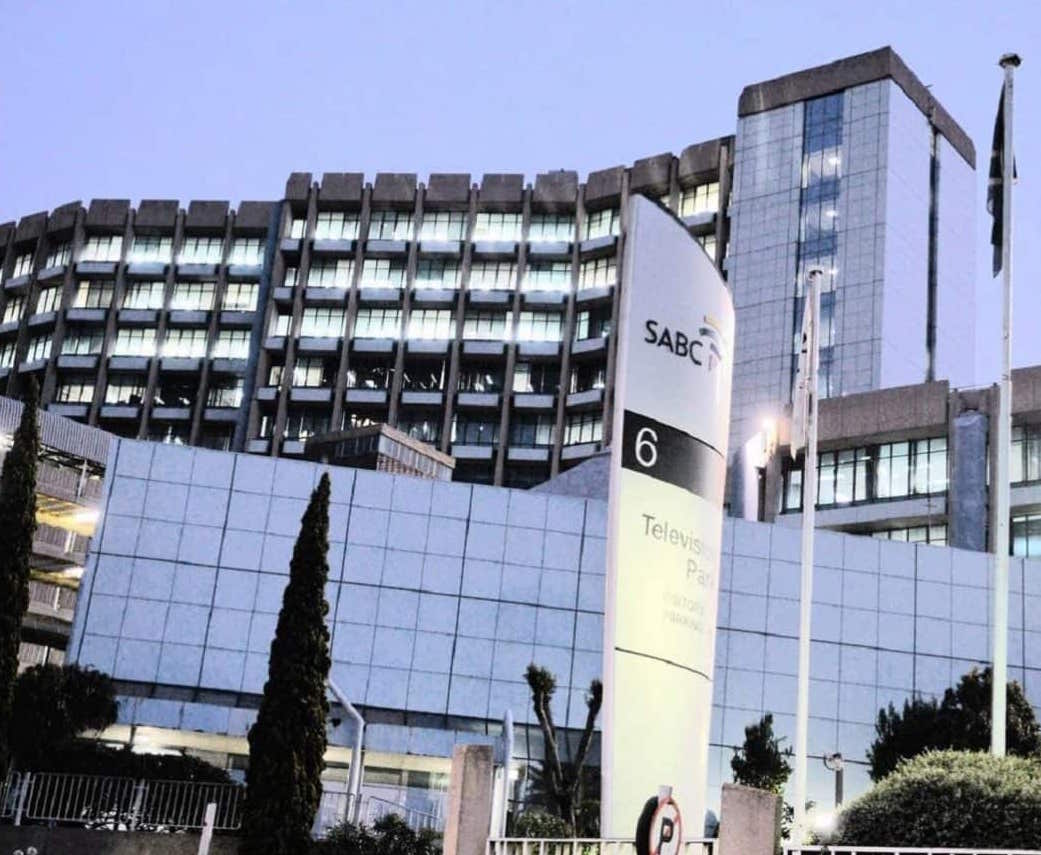The work of the SABC’s “resilient and aggressive” advertising sales teams has started paying off as the public broadcaster reported “an impressive month-to-month upward sales trend in a difficult trading environment”.
In fact, in November 2020, SABC 1 and SABC 2 achieved sell-out status during prime time for the first time in over five years.
In a letter to sales and support staff, the SABC’s group chief executive officer, Madoda Mxakwe, pointed out that despite the extremely difficult trading conditions brought about by Covid-19, teams had shown “resilience, commitment, and hard work” which had helped the broadcaster “navigate the difficult terrain and generate revenue to keep the SABC afloat”.
Mxakwe said traditional trading models had become unattractive in a constrained economic environment and a pandemic that had disrupted those ways of doing business.
“With customers simply delaying or withholding their spend as they hoped for better trading conditions, you have ensured you burn yesterday’s playbook, and adapt daringly and accordingly. Our constantly changing environment requires steady focus and time-intelligent sales solutions,” he wrote.
“What has become apparent is that this is our new reality, the storm is here to stay and has become the new norm. New buying patterns have emerged, as clients prefer short-term arrangements; and long-term deal commitments may not be viable in the short term. This calls for a radical change in mindset from gathering to hunting,” said Mxakwe.

Just after the pandemic struck South African shores in March 2020, the SABC employed a new group executive for is commercial arm, Reginald Nxumalo. He took over in May 2020, coming in at a time the broadcaster faces a multitude of economic, labour and other challenges, and is in the process carrying out an approved and wide-ranging turnaround plan after years of mismanagement. A new board was already in place, and several new key executives appointed to important revenue-generating portfolios.
Read more — SABC Radio: Turning around or tumbling?
Read more — Do not adjust your set
Read more — How SABC News’ OB units prepared for broadcast during Covid-19
Nxumalo, who has years of corporate experience much of it in technology brands, is 10 months in, and already some optimistic green shoots are starting to emerge.

“A major source of the SABC’s revenue has been classic advertising, which has recently shown worrying signs of decline,” Nxumalo told The Media Online. “However, our turnaround plan has placed our efforts on arresting this decline and enhancing revenue. To do this we have revived the love of our media assets and have instilled a sense of pride in our unique value proposition. The SABC reaches up to 38 million on a weekly basis through various mediums and so understanding that audience and matching it to the customers’ needs has been a priority.”
At the same time, the way in which sales teams “hunt” for clients has changed. Media agencies are no longer the sole route to sales as a direct to client approach is also being used. “We are applying a hybrid model determined by customer preference,” Nxumalo said.
Key to the job was to stop allowing the pandemic to dictate terms and staying focused. The teams, said Nxumalo, follow a “rigorous” weekly business routine to review and plan for the next week. “They were given clear targets, empathy, leadership and solving problems removed obstacles (whether real or perceived),” he said
“We have had to dig deep as customers sought to figure out how to respond to the new normal. Covid-19 tested and honestly changed the way we work – engaging customers remotely was initially tough but ultimately the sales teams achieved that effortlessly.”
Noteworthy milestones
- Both TV and radio sponsorships have outperformed all budgets at 128% and 150%+, respectively
- In November 2020, SABC 1 and SABC 2 achieved sell-out status during prime time for the 1st time in over 5 years
- In December 2020, radio revenue achieved 105% of budget, representing the first over achievement in this fiscal
- December 2020 was the best yet achievement in sales at 92% achievement against target
- December 2020 revenue exceeded prior year by +7%
- Regions: KwaZulu-Natal and Western Cape out-performed targets on all mediums and Gauteng Agency on radio
- The TV commitment book is peaking at R2 billion
- Collaboration with platforms at an all-time high
Asked if there were any distinct trends in terms of the kind of advertising/advertisers choosing to go with the SABC, Nxumalo said they were “spoilt for choice” as the SABC offered the “whole range of consumer clusters depending on brand objectives”.
“Our sales offering seeks to understand what customers truly need to achieve their marketing objectives. Once that is clearly understood, we extend a myriad of options to achieve that. Our flagship drama properties like UZALO and other genres are considered for maximum benefit for our clients. We work within the confines of the brand identity and character as we pick appropriate audiences on TV, radio and digital platforms,” he explained.
The upswing in sponsorship – TV and radio sponsorships outperformed all budgets at 128% and 150%+ – is an example. “Sponsorships offer customers a myriad of elements in reaching audiences without using the classical methods. It’s a super tactical response, which maintains and grows brand share of thought in the consumer’s mind, in a highly competitive market place,” Nxumalo said.
Also of note was the strength of sales in the provinces, particularly the Western Cape and KwaZulu-Natal. To what does he attribute this uptick in the regions? “We are focusing on untapped segments through trading with new non-traditional advertisers and celebrating our teams. We have also revitalised our radio sales specifically to meet market needs,” said Nxumalo.
Could the changes in management and the board, and the clear determination to steady the ship had an impact on sales staff? Nxumalo said: “I believe a new broom sweeps clean. There is no doubt that the new leadership has made the difference, committed to future-proofing the SABC and ensuring its financial sustainability for decades to come.”














